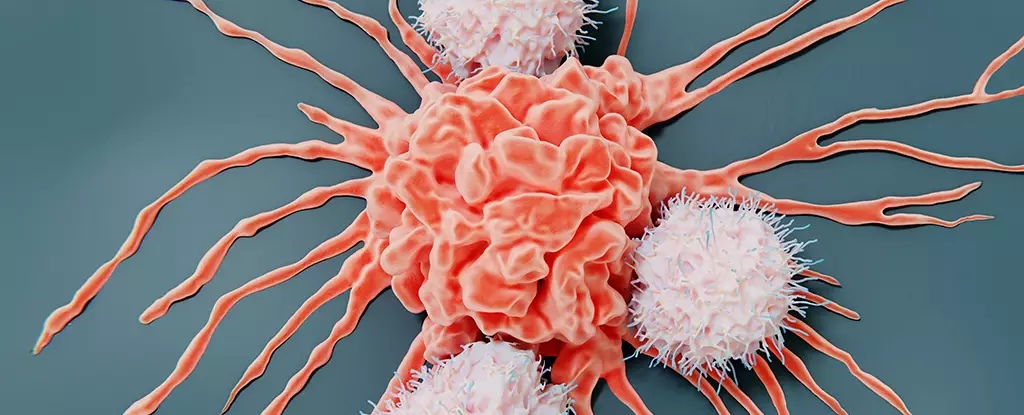A recent study conducted on mice suggests that a restricted diet could potentially enhance the immune system’s ability to fight cancer. The research, led by experts from the Memorial Sloan Kettering Cancer Center in New York, focused on the effects of fasting on white blood cells known as natural killer cells (NK cells). These cells play a crucial role in recognizing and destroying threats to the body, including cancer cells and viruses.
Unlike antigen-seeking T cells, NK cells have the unique ability to target and eliminate unknown threats. However, when faced with cancer, these cells are under a significant amount of stress. Tumors create a hostile environment rich in essential nutrients, particularly lipids, which can be detrimental to immune cells. The study revealed that fasting can reprogram NK cells, enabling them to better survive in the suppressive tumor environment.
Key Findings from the Study
The researchers subjected mice injected with tumor cells to a diet regimen that included two 24-hour periods of water-only fasting per week. While the mice did not experience any significant weight loss, their blood glucose levels dropped, leading to an increase in free fatty acids. NK cells within the mice adapted to using these free fatty acids as an alternative energy source, enhancing their ability to combat cancer.
Moreover, fasting prompted the NK cells to produce more cytokines, which are proteins that signal the immune system to take action. The redistribution of NK cells throughout the body, particularly in the bone marrow, exposed them to high levels of interleukin-12 – a protein that aids in fighting cancer. This metabolic reprogramming and redistribution of NK cells made them more effective at combatting tumors.
Despite the promising results of the study, the researchers caution against starting any fasting regime without consulting a healthcare professional. What works for one individual may not be suitable for another. Furthermore, the study’s findings are still in the early stages and need to be validated in human trials. There are still many unanswered questions, such as whether all NK cells undergo the same reprogramming over their lifespans.
The study offers valuable insights into the potential benefits of fasting in improving the immune system’s response to cancer. By reprogramming NK cells through dietary interventions, researchers have identified a novel approach that could enhance anti-cancer properties. Further research is necessary to fully understand the mechanisms involved and assess the feasibility of implementing fasting regimens in cancer treatment.


Leave a Reply